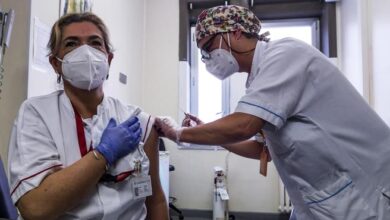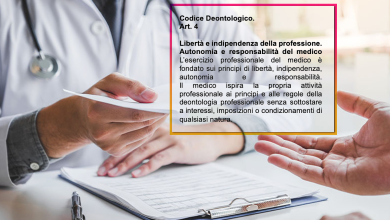
New pharmaceutical governance, Farmindustria also expresses perplexity
The topic of the new pharmaceutical governance remains a hot topic, which proposes a series of interventions which, if confirmed, will have a profound effect on the system of dispensing medicines charged to the NHS and for which, no later than a few days ago, Federfarma requested a meeting at the  Minister of Health, Giulia Grillo.
Minister of Health, Giulia Grillo.
The president of Farmindustria also spoke on the matter Massimo Scaccabarozzi which reiterates how the rules of the new pharmaceutical governance "could jeopardize the stability of companies in the sector, with potentially heavy consequences on employment". Scaccabarozzi, points out that it is first of all the norm relating to the therapeutic equivalence between drugs that represents an obstacle to growth.
In short, warns Scaccabarozzi, “imposing therapeutic equivalence without scientific evidence above all implies a risk of stability for 'branded' drug companies. There is a serious danger that companies could close down”. If this is the situation, he says, "it will be difficult in 2019 to make the same assumptions made in 2018 and equal to around 6 thousand".
However, the positive aspect is that with the Ministry of Health "the dialogue on the document is open, which is a 'guideline' document: if there is such a comparison - he underlines - it will be good for everyone, especially for patients who thus they would see prescribed the medicines that the doctor has decided are the most suitable for them without any additional cost to the State”.
Federfarma, for its part, claims to be able to illustrate its proposals to the minister to strengthen the collaboration of pharmacies in terms of monitoring the use of medicines and access to expensive medicines, through the strengthening of the Dpc and the revision of the remuneration model . But he also pointed out that the text, as it is written, creates concerns among pharmacy owners about the impact that the hypothesized measures could have and, in particular, in relation to the risk that there will be a further reduction in the agreed pharmaceutical expenditure and therapeutic opportunities available to citizens





